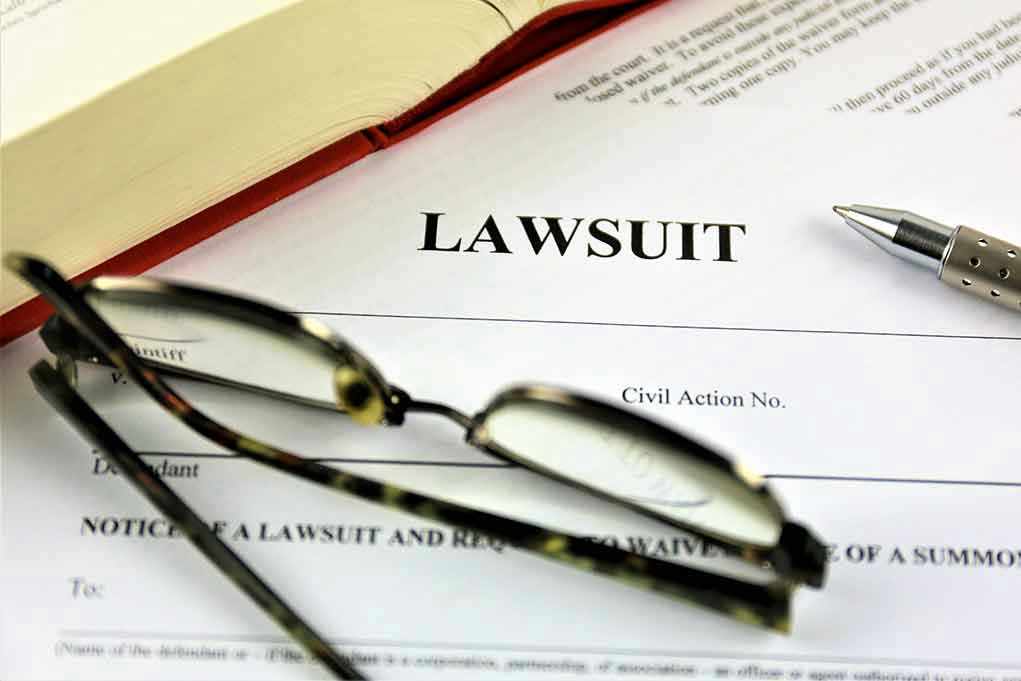
The Department of Homeland Security’s fiery response to Mahmoud Khalil’s $20 million lawsuit against the Trump administration isn’t just a legal skirmish—it’s a flashpoint in the battle over what America stands for: the rule of law, national security, and the right to protect our borders from those who would use our freedoms against us.
At a Glance
- Mahmoud Khalil, a pro-Palestinian activist, filed a $20 million claim against the Trump administration for alleged wrongful detention.
- DHS has dismissed Khalil’s accusations as “absurd,” defending the administration’s authority to detain individuals threatening public safety.
- Khalil’s detention followed his high-profile involvement in anti-Israel protests at Columbia University and alleged visa violations.
- The lawsuit has ignited fierce debate over noncitizen rights, campus activism, and government retaliation claims.
DHS Pushes Back Hard Against $20 Million Lawsuit
Mahmoud Khalil, a Columbia University student turned full-time activist, has become the latest poster child for the radical left’s agenda—suing the Trump administration for $20 million after spending 104 days in ICE detention. His supporters claim it was all “political retaliation” for his anti-Israel protests. DHS, under President Trump, is having none of it. Spokeswoman Tricia McLaughlin called Khalil’s claims “absurd,” standing firm that the administration did what any common-sense American would expect: enforce the law and protect the public from those who show open hostility to our values and allies.
Khalil alleges his arrest and detention were orchestrated solely because he dared to speak out on U.S. foreign policy and the Israel-Gaza conflict. His legal team, the Center for Constitutional Rights, frames this as a historic challenge against the government’s supposed “retaliation” against activists. But facts are stubborn things. According to DHS, Khalil not only violated his visa terms but also played a leading role in protests that crossed the line from speech to intimidation—hardly a stretch, given the chaos seen on campuses in recent years. The Trump administration’s stance is crystal clear: activism is not a shield against immigration law, especially when it veers into incitement or support for terrorist causes.
Campus Unrest and the Question of “Rights” for Noncitizens
Khalil’s supporters want to paint him as a martyr for free speech. They ignore that the First Amendment was never meant to be a get-out-of-jail-free card for noncitizens who break the law. Trump’s policies have drawn a hard line: if you’re here on a visa, you follow the rules—no exceptions, no special treatment because you shout the loudest. Khalil’s arrest came at the height of anti-Israel protests that left Jewish students fearing for their safety and university administrators scrambling for cover. The administration’s critics want to make this about civil rights. But the real issue is whether we want to live in a country where federal law can be openly flouted under the guise of “activism,” or if we still have the backbone to stand up for law and order.
There’s no question that the Trump administration’s immigration crackdown has sent shockwaves through activist circles. Critics howl about “retaliation,” but the facts remain: Khalil was detained for overstaying his visa and participating in activities that raised red flags for law enforcement. DHS’s response is a breath of fresh air in an era where the federal government, under previous leadership, bent over backwards to excuse lawless behavior in the name of “equity” and “inclusion.” The message from President Trump’s team is unmistakable: break the law, and there will be consequences—no matter how many hashtags your supporters post.
Legal Showdown: Precedent, Policy, and the Future of Immigration Enforcement
Khalil’s $20 million claim, filed under the Federal Tort Claims Act, is the first of its kind—an activist suing over alleged political targeting tied to protests about U.S. foreign policy. Legal experts admit it’s a rare challenge, especially on First Amendment grounds. But here’s the kicker: noncitizens have never had carte blanche to use U.S. soil as a launching pad for radical activism, especially when it undermines national security or public order. The Trump administration’s legal team is prepared to fight this all the way, knowing that caving in would set a disastrous precedent—one that invites more lawsuits from activists who see the courts as the next battlefield after losing in the court of public opinion.
The broader implications are enormous. If Khalil wins, expect a flood of copycat claims and a chilling effect on the government’s ability to enforce immigration law against those who openly thumb their noses at our institutions. Universities, already under fire for coddling radicals, would face even more pressure to roll out the red carpet for activists with questionable immigration status. The Trump administration isn’t just defending itself in court—it’s defending the principle that U.S. law matters, citizenship means something, and America won’t be strong-armed by those who despise its values but demand its protection.
Sources:
Center for Constitutional Rights press release
https://www.youtube.com/watch?v=wNP5JH8q2vQ




